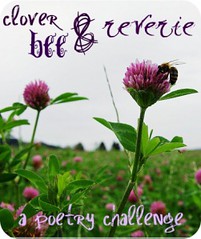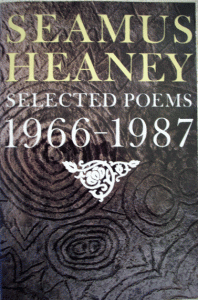Welcome to the 73rd Virtual Poetry Circle!
Remember, this is just for fun and is not meant to be stressful.
Keep in mind what Molly Peacock’s books suggested. Look at a line, a stanza, sentences, and images; describe what you like or don’t like; and offer an opinion. If you missed my review of her book, check it out here.
The Thanksgivings by Harriet Maxwell Converse
Translated from a traditional Iroquois prayer
We who are here present thank the Great Spirit that we are here
to praise Him.We thank Him that He has created men and women, and ordered
that these beings shall always be living to multiply the earth.We thank Him for making the earth and giving these beings its products to live on.
We thank Him for the water that comes out of the earth and runs
for our lands.We thank Him for all the animals on the earth.
We thank Him for certain timbers that grow and have fluids coming
from them for us all.We thank Him for the branches of the trees that grow shadows
for our shelter.We thank Him for the beings that come from the west, the thunder
and lightning that water the earth.We thank Him for the light which we call our oldest brother, the sun
that works for our good.We thank Him for all the fruits that grow on the trees and vines.
We thank Him for his goodness in making the forests, and thank
all its trees.We thank Him for the darkness that gives us rest, and for the kind Being of the darkness that gives us light, the moon.
We thank Him for the bright spots in the skies that give us signs,
the stars.We give Him thanks for our supporters, who had charge of our harvests.
We give thanks that the voice of the Great Spirit can still be heard
through the words of Ga-ne-o-di-o.We thank the Great Spirit that we have the privilege of this pleasant
occasion.We give thanks for the persons who can sing the Great Spirit’s music,
and hope they will be privileged to continue in his faith.We thank the Great Spirit for all the persons who perform the ceremonies on this occasion.
Let me know your thoughts, ideas, feelings, impressions. Let’s have a great discussion…pick a line, pick an image, pick a sentence.
I’ve you missed the other Virtual Poetry Circles. It’s never too late to join the discussion.
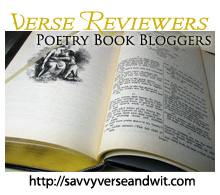

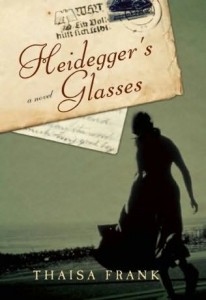
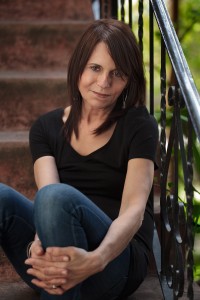
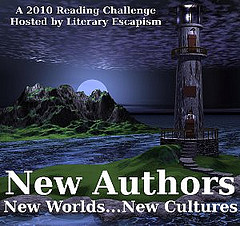


 Tipping Point by Fred Marchant is a collection of poetry broken down into five parts and published by Word Works after winning the 1993 Washington Prize. Readers may wonder what a former Marine Corps Lieutenant and one of the first honorably discharged conscientious objectors would have to say about the Vietnam War, especially having only served two years. This collection is a journey through the memories of childhood, adulthood, and military service, and beyond.
Tipping Point by Fred Marchant is a collection of poetry broken down into five parts and published by Word Works after winning the 1993 Washington Prize. Readers may wonder what a former Marine Corps Lieutenant and one of the first honorably discharged conscientious objectors would have to say about the Vietnam War, especially having only served two years. This collection is a journey through the memories of childhood, adulthood, and military service, and beyond.